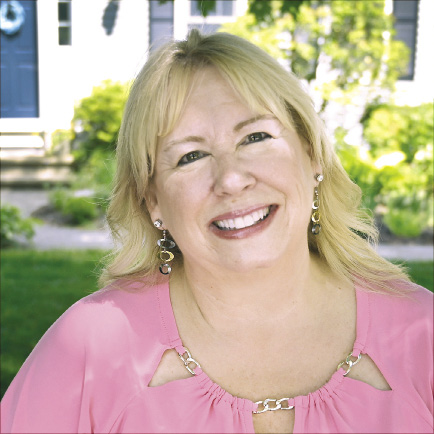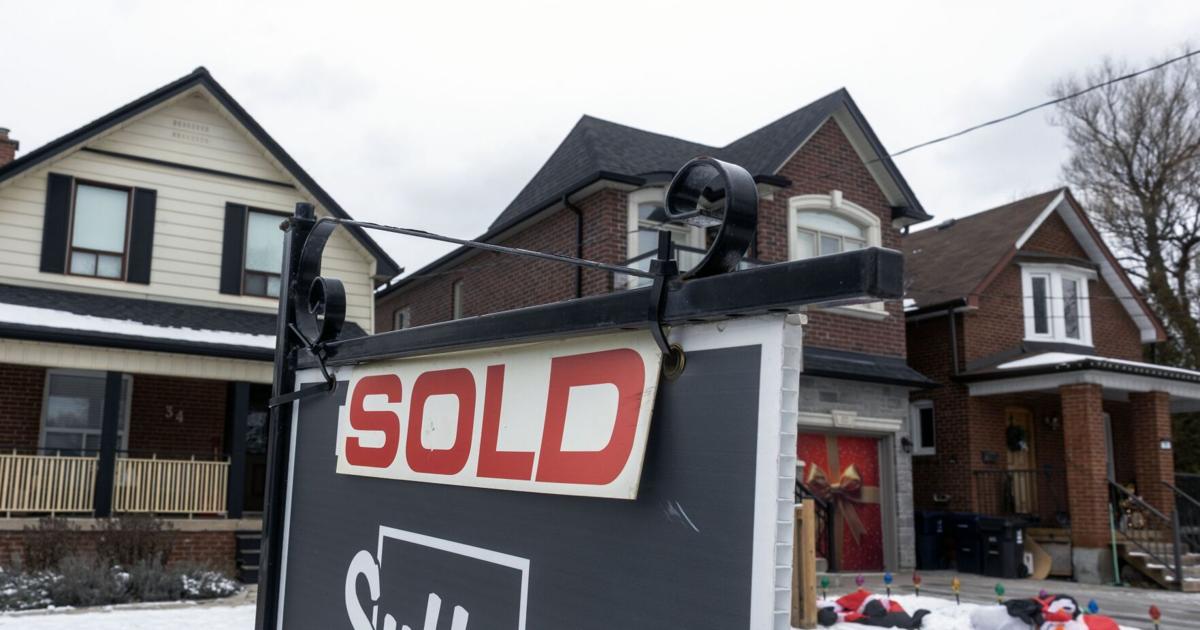A
Brampton man, Moiz Kunwar, 28, has been charged with fraud and is facing two lawsuits related to an alleged pre-construction home deposit scam worth hundreds of thousands of dollars. Kunwar allegedly took deposits from at least nine homebuyers in the Greater Toronto Area (GTA) for pre-construction houses he didn't have the right to sell, which were being built by unrelated, legitimate developers.
Janet Campbell, a Brampton grandmother, is one of the victims who paid nearly $170,000 in deposits for a pre-construction home that never materialized. She and six others are suing Kunwar to get back their money. "This hurt me a lot because I believed him, and I trusted him to have a home, and it didn't happen," Campbell said.
A CBC Toronto investigation first raised questions about these real estate deals in 2022. Now, a number of alleged victims are coming forward, and Kunwar is facing criminal charges for an alleged fraud linked to real estate. Peel Regional Police charged Kunwar with fraud over $5,000 and possession of property obtained by crime.
Kunwar's lawyer filed a statement of defence in response to Campbell's lawsuit, denying all allegations of fraud and stating that Kunwar was "simply a sales associate" who received payments on behalf of his superiors. However, the statement does not explain who those superiors are or what company they're associated with.
Despite having no relationship with the real builder, it appears Kunwar continued to take deposits for pre-construction homes as recently as last year. Three of the homebuyers in Campbell's lawsuit signed their agreements in 2024. Toronto lawyer Andrew Ballantyne is representing seven homebuyers who are suing Kunwar to recover the deposits they gave him.
Norman Groot, a fraud recovery lawyer, is representing another homebuyer in a lawsuit against Kunwar to recover about $100,000 in deposits for two pre-construction homes. "We have seen this scenario many times," Groot said. "Most frauds are a variation of the same sort of play." Campbell hopes by speaking out she can help others avoid trusting offers like the one she got, which might be too good to be true.












